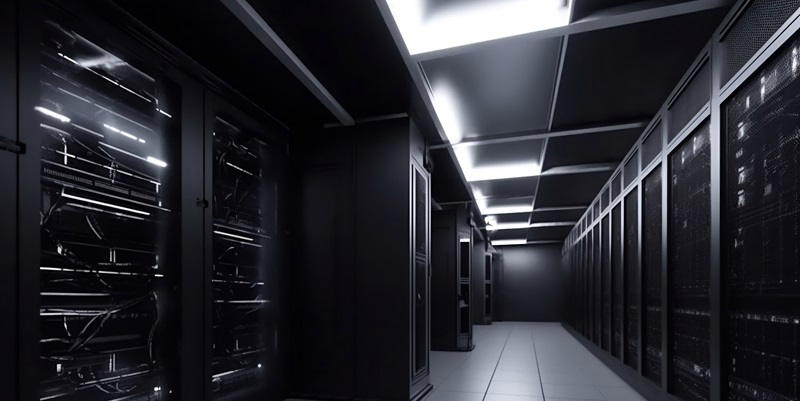Angola Cables, a telecommunications company, has recently unveiled plans to construct a new state-of-the-art data center in Fortaleza, Brazil. With an ambitious investment of up to 400 million reais ($80 million), the company aims to bolster its presence and capabilities in the region, catering to the growing demand for data center services. This expansion project reflects Angola Cables’ commitment to providing reliable and efficient digital infrastructure solutions to its customers.
Investment Plan
To realize its ambitious project, Angola Cables has allocated a substantial budget of up to 400 million reais. This significant investment demonstrates the company’s confidence in the market potential of Fortaleza and its dedication to meeting the region’s increasing data center requirements.
Data Center Details
The upcoming data center will be strategically positioned adjacent to Angola Cables’ existing facility, benefiting from the synergies and operational efficiencies that come with close proximity. Expanding across an impressive 960 square meters (10,335 square feet), the modern data center will boast cutting-edge infrastructure, advanced cooling systems, stringent security measures, and scalable capacity to accommodate the evolving needs of its clientele.
Timeline
With the groundwork already laid, Angola Cables is poised to initiate construction work on the site in the second half of this year. The comprehensive data center project is anticipated to be fully completed and operational by 2025, ensuring a seamless transition and minimal disruptions to the services offered by Angola Cables.
Choice of Location
Ângelo Gama, CEO of Angola Cables, expressed that the selection of Fortaleza as their hub in the Americas stems from the thriving technology ecosystem and the increasing interest displayed by international players in the area. Ceará’s robust infrastructure, favorable business climate, and the region’s strategic location make it an ideal choice for Angola Cables to establish a competitive and reliable data center hub in the region.
Background of Angola Cables
Established in 2009, Angola Cables is a telecommunications company owned by a consortium of national telecommunications firms. Since its inception, the company has been at the forefront of developing digital infrastructure, expanding connectivity, and driving digital transformation in Africa and beyond.
Presence in Angola
Angola Cables currently operates a cable landing station and a state-of-the-art 400-rack AngoNAP facility in Luanda, Angola’s capital city. This infrastructure further strengthens Angola Cables’ position as a leading provider of connectivity solutions in the region.
Participation in Cable Consortiums
Beyond its domestic presence, Angola Cables has made significant inroads within the international telecommunications landscape. The company is one of the owners of the Google-backed Monet cable, a high-capacity fiber-optic submarine cable system connecting Brazil, the United States, and other countries in Latin America. Additionally, Angola Cables owns and operates the South Atlantic Cable System (SACS), which directly connects Africa and South America, as well as being a member of the West Africa Cable System (WACS) consortium.
Expansion of Existing Data Center
Angola Cables’ existing data center in Fortaleza went live in 2019, positioning the company to capitalize on the growing data center market in Brazil. In response to escalating demand, the Fortaleza facility underwent substantial expansion in 2022 to increase its capacity, successfully accommodating the evolving needs of its customers.
The upcoming construction of Angola Cable’s new data center in Fortaleza marks a significant milestone in the company’s expansion strategy. With a substantial investment, Angola Cables is fortifying its position as a leading provider of digital infrastructure solutions. By choosing Fortaleza as its hub in the Americas and leveraging the thriving technology ecosystem, Angola Cables is not only addressing the region’s increasing data center demands but also bolstering economic growth and fostering digital transformation in Brazil. This expansion project exemplifies Angola Cables’ dedication to connectivity, innovation, and excellence in the telecommunications industry.

